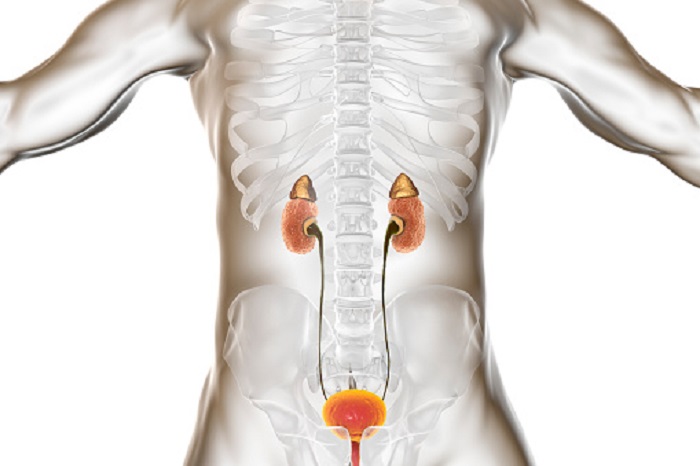
Cortisol is a stress hormone which is produced by your kidneys’ adrenal glands. The cortisol stress hormone is known best for fueling the “fight-or-flight” instinct of your body which is deemed as a natural, healthy response to any perceived threats. Maintaining normal cortisol levels is really important because it has a lot of other functions to perform that help with your overall well-being. And, if the cortisol levels deviate from the normal ranges, it can lead to various health problems.
How Normal Cortisol Helps and What Functions It Performs?
When cortisol is released into your bloodstream, it can have its impact on different body parts serving a variety of different functions. As most cells in the body carry cortisol receptors, cortisol helps the body to:
- Respond to stress and danger
- Control blood pressure
- Increase metabolism
- Reduce inflammation
- Regulate blood sugar levels
- Provide assistance in memory formulation
Besides all these regular functions, cortisol also supports fetus development in the pregnant women as well. Due to its role in performing all these important functions, cortisol is considered a very crucial hormone in maintaining overall health.
While maintaining normal cortisol levels is important, many conditions can affect the cortisol levels in the body. These include emotional or physical stress, infection, strenuous activity, or injuries. Too high or too low cortisol can have negative implications on your health and, therefore, it is important to keep it in the normal range.

Problems Linked To High Cortisol Levels
Cortisol levels often increase abnormally due to tumors on the adrenal or pituitary glands. When blood cortisol levels increase abnormally, it contributes to a condition called Cushing Syndrome. Anyone with this condition experiences quick weight gain in abdomen, face, and chest areas. Cushing Syndrome is also responsible for high blood pressure, flushed face, and various skin changes. It also leads to mood swings and osteoporosis in many individuals.
In women, even when the Cushing Syndrome is not present, high cortisol levels can lead to changes in libido and the menstrual cycle. Depression and anxiety are also linked to the elevated level of cortisol in the blood stream.
Problems Linked To Low Cortisol Levels
The low levels of this stress hormone are often linked to a condition called as Addison’s disease or primary adrenal insufficiency. Even though it is rare, the condition is an autoimmune disease which can damage adrenal glands. The symptoms of the Addison’s disease start showing up relatively slowly but can be very serious. There are quite a few problems that individuals with this disease often face. These include:
- Skin changes, such as darkening on the scars as well as in skin folds
- Muscle weakness and loss which grows worse with time
- Fatigue
- Weight loss
- Diarrhea, vomiting, and nausea
- Mood swings
- Low blood pressure
- Loss of appetite
So, in order to avoid all the health issues linked with low or high cortisol levels, it is important to maintain it in the normal range. In addition, normal cortisol will also make sure that it helps with all the routine functions it is meant to perform to maintain overall bodily health.















